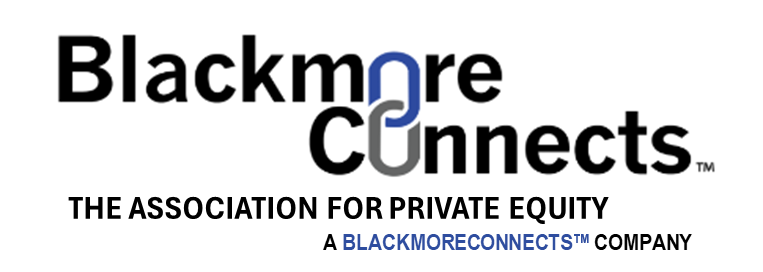Written By: Gerald O’Dwyer II
The PE Guru — BlackmoreConnects, Inc | October 28, 2024
Executives who have thrived in prosperous times often face a new set of challenges when trying to transition into private equity (PE), especially during economic downturns. The average executive has only 10 PE contacts throughout their career, but to remain top of mind and have various roles open to them, they need around 200 PE conversations annually. This case study examines the urgency and strategies for expanding an executive’s brand into the PE world amidst a potentially hidden recession.
Economic Context:
Recent analyses suggest that the official economic numbers may be masking a long-standing recession. Indicators such as:
- Inflation Discrepancies: Official inflation rates have been significantly underreported. For example, fast food prices have surged by 35-50%, while official rates suggest only a 21% increase since COVID-19.
- GDP Misrepresentation: If real inflation is higher than reported, actual GDP growth may be negative, suggesting a hidden economic downturn.
- Consumer Behavior: Trends like increased credit card usage for essentials, downsizing homes, and seeing fast food as a luxury item all point towards financial distress.
- Asset Prices vs. Consumer Prices: Rising asset prices may give an illusion of wealth, while actual consumer spending power declines, similar to early stages of historical inflationary depressions.
Given these factors, executives must approach their career transitions with greater intensity and strategic planning.
Challenges of Traditional Job Hunting in a Recession:
- Fewer Job Openings: Companies are cautious about hiring due to economic uncertainty.
- Increased Competition: More executives are vying for fewer positions.
- Reduced Negotiation Power: Limited room for salary and benefit negotiations.
- Extended Job Search Time: Finding suitable roles takes longer.
Why Expand into Private Equity?
- Diverse Opportunities: PE offers various roles such as advisors, board members, consultants, and operational partners.
- Financial Upside: Potential for significant financial gains through equity ownership in growing companies.
- Resilience to Economic Cycles: PE firms focus on long-term growth and value creation, providing stability even during economic downturns.
Strategies to Intensify Your Job Search in PE:
- Expand Your Network:
- Join PE Associations: Engage with professional groups and attend industry conferences.
- Leverage Online Platforms: Use LinkedIn, PitchBook, and Cyndx to connect with PE professionals.
- Participate in Virtual Events: Engage in webinars and online networking sessions.
- Enhance Your Skills:
- Continuous Learning: Enroll in courses on financial analysis, valuation, and investment strategies.
- Certifications: Obtain certifications relevant to the PE industry.
- Targeted Outreach:
- Research: Use tools like PitchBook to identify PE firms that align with your expertise.
- Personalized Communication: Develop tailored emails and messages for potential PE contacts.
- Showcase Your Value:
- Portfolio of Achievements: Highlight your track record of success and how it can translate into value for PE firms.
- Strategic Contributions: Demonstrate how you can contribute to value creation and growth in portfolio companies.
Creating Urgency:
- Economic Reality Check:
- Recession Risks: Acknowledge the potential hidden recession and the challenges it brings.
- Inflation Impact: Understand how underreported inflation affects economic stability and job markets.
- Proactive Approach:
- Start Now: Begin expanding your network and skill set immediately to stay ahead of the competition.
- Diverse Conversations: Aim for 200 PE conversations annually to remain top of mind and uncover more opportunities.
- Invest in PE Knowledge:
- Financial Upside: Emphasize the potential for significant financial rewards through equity stakes.
- Long-Term Stability: Highlight the stability and growth prospects offered by PE roles during economic downturns.
Conclusion:
Executives must adapt their job search strategies during economic downturns, leveraging a proactive and intensive approach to networking and skill development. By investing in private equity knowledge and expanding their contacts, executives can secure valuable opportunities and ensure long-term career growth despite economic uncertainties. The urgency to act now is paramount, given the potential hidden recession and the need for robust strategies to navigate the challenging job market
